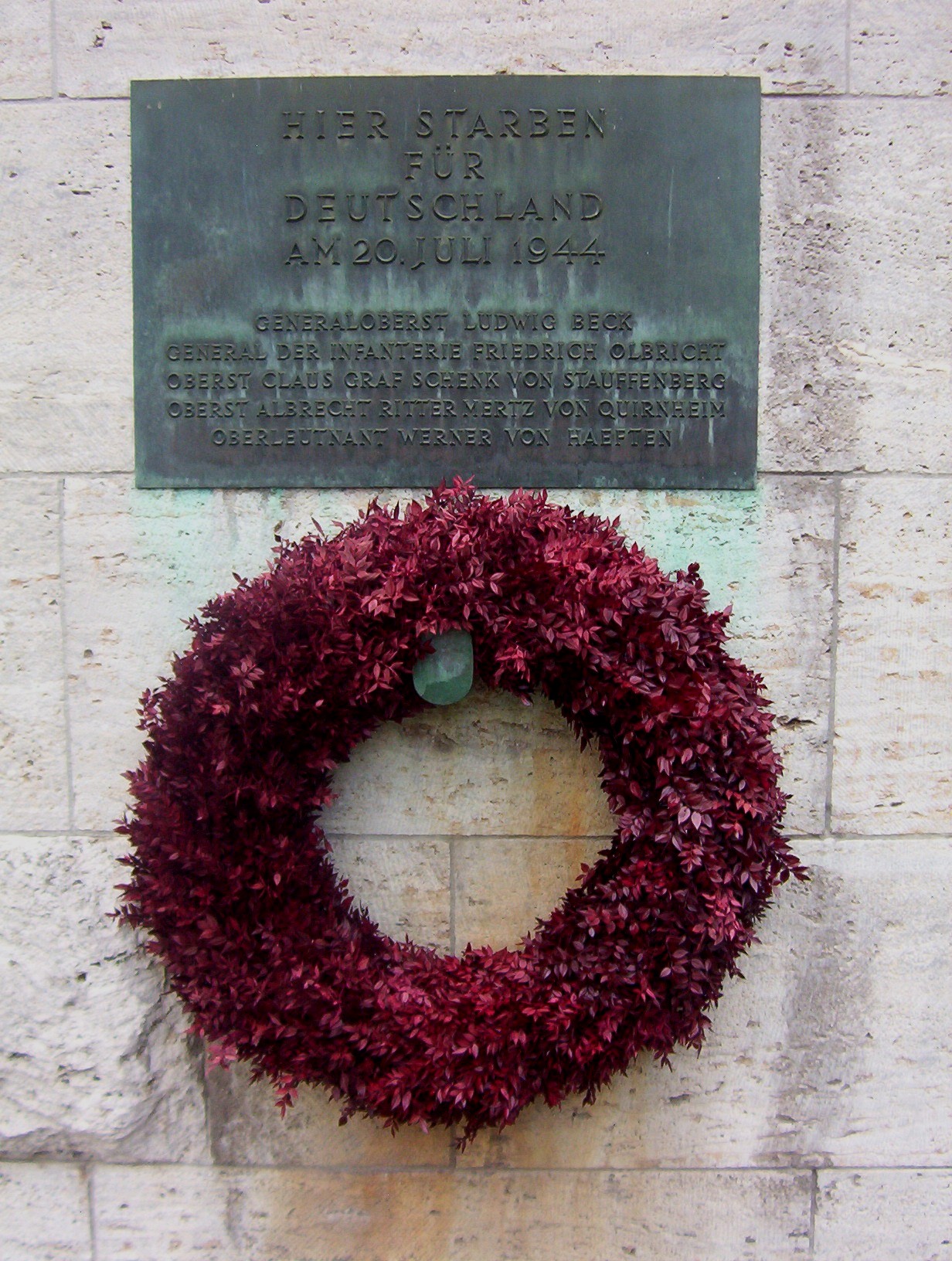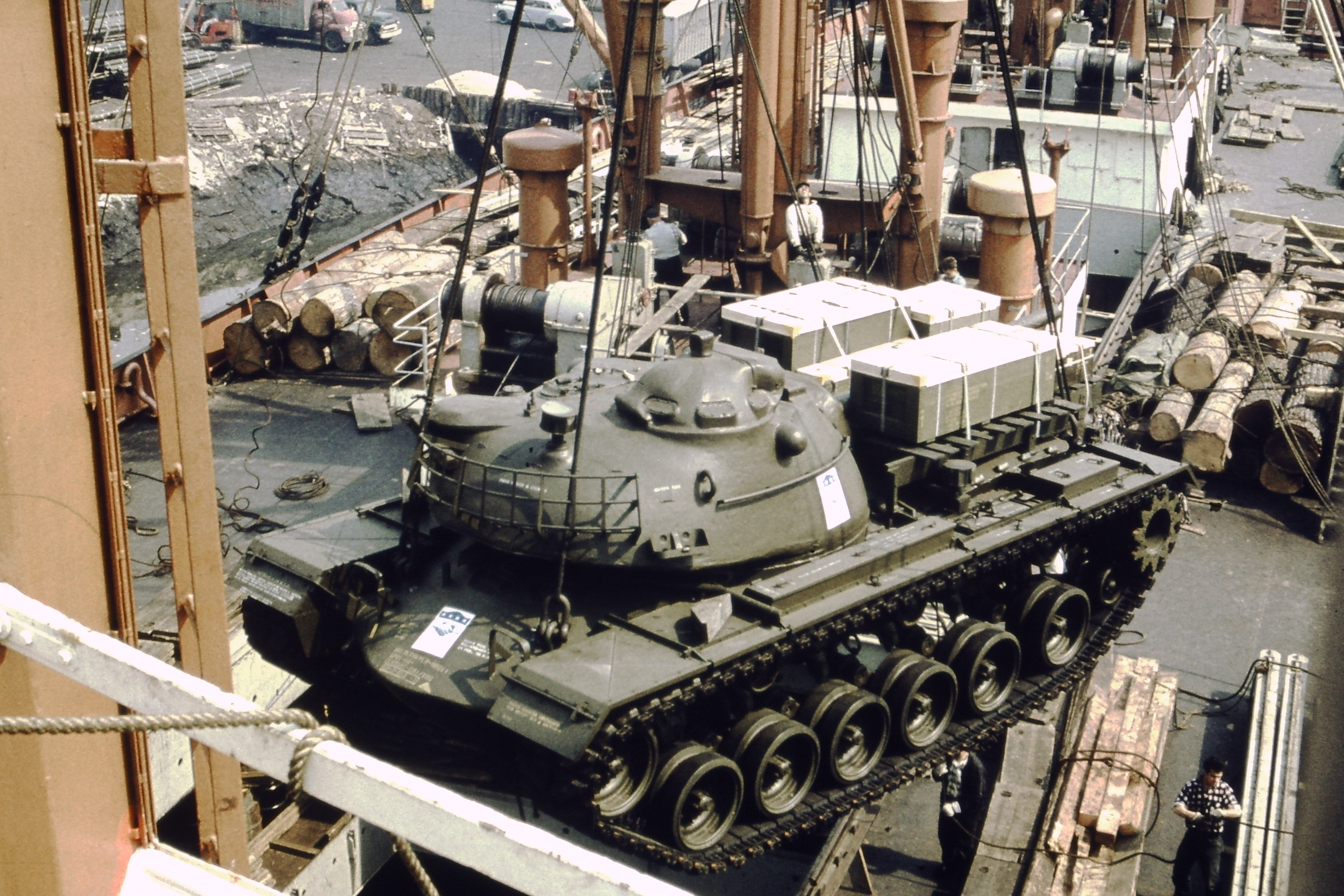|
Hans Westermann
Hans Westermann (July 17, 1890 – March 16, 1935) was a German Communist, politician and fighter in the German resistance to Nazism, German Resistance against the Third Reich. He died in Nazi custody days after being arrested by the Gestapo. Biography Westermann was born in Hamburg and was trained as a tailor. He joined the Social Democratic Party of Germany (SPD) in 1910, where he was a member of the left wing and volunteered in several capacities. in 1914, he was drafted into the navy, though opposed to the war. During this period, Westermann sympathized with the Spartacus League and the Independent Social Democratic Party of Germany. In November 1918, during the German Revolution of 1918–1919, he was elected delegate of the Minesweeper (ship), minesweeper flotilla in the Kiel Workers' council, Sailors' council. In 1919, he joined the Communist Party of Germany (KPD) and in 1921, became the full-time party secretary in Hamburg, where he was primarily responsible for the ... [...More Info...] [...Related Items...] OR: [Wikipedia] [Google] [Baidu] |
German Resistance To Nazism
Many individuals and groups in Germany that were opposed to the Nazi Germany, Nazi regime engaged in active resistance, including assassination attempts on Adolf Hitler, attempts to remove Adolf Hitler from power by assassination or by overthrowing his established regime. German resistance was not recognized as a collective united resistance movement during the height of Nazi Germany, unlike the more coordinated efforts in other countries, such as Italian Resistance, Italy, Denmark, the Soviet partisans, Soviet Union, Polish Underground State, Poland, Greek Resistance, Greece, Yugoslav Partisans, Yugoslavia, French Resistance, France, Dutch resistance, the Netherlands, Resistance in the Protectorate of Bohemia and Moravia, Czechoslovakia and Norwegian resistance movement, Norway. The German resistance consisted of small, isolated groups that were unable to mobilize widespread political opposition. Individual attacks on Nazi authority, sabotage, and the successful disclosure of ... [...More Info...] [...Related Items...] OR: [Wikipedia] [Google] [Baidu] |
1925 German Presidential Election
Presidential elections were held in Germany on 29 March 1925, with a runoff on 26 April. Dieter Nohlen & Philip Stöver (2010) ''Elections in Europe: A data handbook'', p762 They were the first direct elections to the office of President of the Reich (), Germany's head of state during the 1919–33 Weimar Republic. The first President, Friedrich Ebert, who had died on 28 February 1925, had been elected indirectly, by the National Assembly, but the Weimar Constitution required that his successor be elected by the "whole German people". Paul von Hindenburg was elected as the second president of Germany in the second round of voting. Hindenburg was the candidate of a broad coalition of the political right. Many on the right hoped that once in power he would destroy Weimar democracy from the inside and restore the pre-Weimar ''status quo''. The two other candidates who were believed to have a chance of winning were Otto Braun of the Social Democratic Party (SPD) and Wilhelm Marx of ... [...More Info...] [...Related Items...] OR: [Wikipedia] [Google] [Baidu] |
Fuhlsbüttel
is an urban quarter in the north of Hamburg, Germany in the Hamburg-Nord district. It is known as the site of Hamburg's international airport, and as the location of a prison which served as a concentration camp in the Nazi system of repression. As a result of boundary changes, JVA Fuhlsbüttel prison is now in Ohlsdorf, Hamburg. History In 1871, at the declaration of the German Reich the village of Fuhlsbüttel was given to the State of Hamburg. Fuhlsbüttel airship base From 1912 ''Luftschiffhafen'' (Airship Port) Fuhlsbüttel was the first hangar and headquarters of the ''Marine-Luftschiff-Abteilung'' (Naval Airship Division) of the German ''Kaiserliche Marine'' (Imperial Navy). From there and several new bases recon missions over the North Sea and bombing mission against England were flown during World War I. Fuhlsbüttel concentration camp On 4 September 1933, seven months after Hitler’s appointment as Chancellor of Germany, parts of Fuhlsbüttel prison were conv ... [...More Info...] [...Related Items...] OR: [Wikipedia] [Google] [Baidu] |
Eduard Wald
Eduard Wald (10 March 1905 – 5 November 1978) was a Communist politician, trade unionist and member of the German Resistance against Nazism. Biography Eduard Wald, known as Edu, was born in Kiel, Germany, where he attended school. He reached upper school, then received training as a gardener between 1921 and 1923. By 1923, he was already a member of the Young Communist League of Germany and in 1924, he joined the Communist Party (KPD). He soon became a member of the Lower Saxony district leadership, where he was responsible for agitation and propaganda and the Rotfrontkämpferbund. In 1926, he became the editor of the ''Niedersächsischen Arbeiterzeitung'',Eduard Wald Friedrich Ebert Stiftung Archiv d ... [...More Info...] [...Related Items...] OR: [Wikipedia] [Google] [Baidu] |
Dock Worker
A stevedore (), also called a longshoreman, a docker or a dockworker, is a waterfront manual laborer who is involved in loading and unloading ships, trucks, trains or airplanes. After the shipping container revolution of the 1960s, the number of dockworkers required declined by over 90%. Etymology The word ''stevedore'' originated in Portugal or Spain, and entered the English language through its use by sailors. It started as a phonetic spelling of ''estivador'' (Portuguese) or ''estibador'' (Spanish), meaning ''a man who loads ships and stows cargo'', which was the original meaning of ''stevedore'' (though there is a secondary meaning of "a man who stuffs" in Spanish); compare Latin ''stīpāre'' meaning ''to stuff'', as in ''to fill with stuffing''. In Ancient and modern Greek, the verb στοιβάζω (stevazo) means pile up. In the United Kingdom, people who load and unload ships are usually called ''dockers''; in Australia, they are called ''dockers'' or ''wharfies''; and ... [...More Info...] [...Related Items...] OR: [Wikipedia] [Google] [Baidu] |
Machtergreifung
Adolf Hitler's rise to power began in the newly established Weimar Republic in September 1919 when Hitler joined the '' Deutsche Arbeiterpartei'' (DAP; German Workers' Party). He rose to a place of prominence in the early years of the party. Being one of its best speakers, he was made the party leader after he threatened to otherwise leave. In 1920, the DAP renamed itself to the ''Nationalsozialistische Deutsche Arbeiterpartei'' – NSDAP (National Socialist German Workers' Party, commonly known as the Nazi Party). Hitler chose this name to win over German workers. Despite the NSDAP being a right-wing party, it had many anti-capitalist and anti-bourgeois elements. Hitler later initiated a purge of these elements and reaffirmed the Nazi Party's pro-business stance. By 1922 Hitler's control over the party was unchallenged. In 1923, Hitler and his supporters attempted a coup to remove the government via force. This seminal event was later called the Beer Hall Putsch. Upon its fai ... [...More Info...] [...Related Items...] OR: [Wikipedia] [Google] [Baidu] |
Albert Sanneck
Albert may refer to: Companies * Albert (supermarket), a supermarket chain in the Czech Republic * Albert Heijn, a supermarket chain in the Netherlands * Albert Market, a street market in The Gambia * Albert Productions, a record label * Albert Computers, Inc., a computer manufacturer in the 1980s Entertainment * ''Albert'' (1985 film), a Czechoslovak film directed by František Vláčil * ''Albert'' (2015 film), a film by Karsten Kiilerich * ''Albert'' (2016 film), an American TV movie * ''Albert'' (Ed Hall album), 1988 * "Albert" (short story), by Leo Tolstoy * Albert (comics), a character in Marvel Comics * Albert (''Discworld''), a character in Terry Pratchett's ''Discworld'' series * Albert, a character in Dario Argento's 1977 film ''Suspiria'' Military * Battle of Albert (1914), a WWI battle at Albert, Somme, France * Battle of Albert (1916), a WWI battle at Albert, Somme, France * Battle of Albert (1918), a WWI battle at Albert, Somme, France People * Alber ... [...More Info...] [...Related Items...] OR: [Wikipedia] [Google] [Baidu] |
Heinrich Stahmer
Heinrich Georg Stahmer (3 May 1892 in Hamburg, Germany – 13 June 1978 in Vaduz, Liechtenstein) was a German diplomat and economist by training who was in charge of German–Japanese relations at the German Foreign Ministry. He was an aide to Foreign Minister Joachim von Ribbentrop (1938–1940), special envoy to Japan and ambassador to the pro-Japanese Reorganized National Government of China in occupied Nanjing (1940–1943), before becoming German Ambassador to Japan (1943–1945). A native of Hamburg, Stahmer fought during World War I and earned both classes of Iron Cross. Diplomatic career In 1936, Stahmer took part in the negotiations for the Anti Comintern Pact between the German and the Japanese governments. Throughout 1940, he worked for a German-Japanese alliance, and on August 13, 1940, he was able to notify the Japanese embassy in Berlin about the decision to conclude such a treaty. In September 1940, he took part in the negotiations leading to the conclusio ... [...More Info...] [...Related Items...] OR: [Wikipedia] [Google] [Baidu] |
Revolutionary Trade Union Opposition
A revolutionary is a person who either participates in, or advocates a revolution. The term ''revolutionary'' can also be used as an adjective, to refer to something that has a major, sudden impact on society or on some aspect of human endeavor. Definition The term—both as a noun and adjective—is usually applied to the field of politics, but is also occasionally used in the context of science, invention or art. In politics, a revolutionary is someone who supports abrupt, rapid, and drastic change, usually replacing the status quo, while a reformist is someone who supports more gradual and incremental change, often working within the system. In that sense, revolutionaries may be considered radical, while reformists are moderate by comparison. Moments which seem revolutionary on the surface may end up reinforcing established institutions. Likewise, evidently small changes may lead to revolutionary consequences in the long term. Thus the clarity of the distinction between revolu ... [...More Info...] [...Related Items...] OR: [Wikipedia] [Google] [Baidu] |
Conciliator Faction
The Conciliator faction was an opposition group within the Communist Party of Germany during the Weimar Republic and the Third Reich. In East Germany, after World War II, the German word for conciliator, ''Versöhnler'', became a term for anti- Marxist political tendencies. Background The faction emerged in the mid-1920s from the "middle group" aligned with Ernst Meyer. Meyer, a high-ranking member of the Communist Party of Germany (KPD), was elected to its central committee in 1927. Along with the faction led by Ernst Thälmann, they formed the leadership of the KPD from 1926 to 1928. The leading people aligned with Meyer were Hugo Eberlein, Arthur Ewert, Heinrich Süßkind, Gerhart Eisler and Georg SchumannUlrich Weißgerber''Giftige Worte der SED-Diktatur: Sprache als Instrument von Machtausübung und Ausgrenzung in der SBZ und der DDR''LIT Verlag Dr. W. Hopf, Berlin (2010) pp. 356-357. . Retrieved July 18, 2011 and came from the ranks of trade unionists, intellectuals an ... [...More Info...] [...Related Items...] OR: [Wikipedia] [Google] [Baidu] |
Trade Union
A trade union (labor union in American English), often simply referred to as a union, is an organization of workers intent on "maintaining or improving the conditions of their employment", ch. I such as attaining better wages and benefits (such as holiday, health care, and retirement), improving working conditions, improving safety standards, establishing complaint procedures, developing rules governing status of employees (rules governing promotions, just-cause conditions for termination) and protecting the integrity of their trade through the increased bargaining power wielded by solidarity among workers. Trade unions typically fund their head office and legal team functions through regularly imposed fees called ''union dues''. The delegate staff of the trade union representation in the workforce are usually made up of workplace volunteers who are often appointed by members in democratic elections. The trade union, through an elected leadership and bargaining committee, ... [...More Info...] [...Related Items...] OR: [Wikipedia] [Google] [Baidu] |




.jpg)
